“Fashion is one of the most harmful industries and least policed. Sadly, the idea of us self-regulating [is] not a fair thing to ask of [this] industry. We need to be helped. If we could just have some regulation, some policies, some [standardized] methods to measure our impact.”
- Stella McCartney, fashion designer & backer of the Fashion Sustainability and Social Accountability Act
It gets tossed around that the fashion industry account for 4% of the total global greenhouse gas emissions. And no surprise, that number is steadily increasing by 3% each year. On this trajectory, the industry will miss the 1.5 degree pathway set out by the Paris Agreement by a long shot. Not a cute look.

What is The CMA?
The Competition and Markets Authority (CMA) in the UK, is a non-ministerial regulatory body that delivers effective enforcement “to deter wrongdoing, protect consumers and educate businesses.” In a nutshell, if they think a business or an entire sector –heyyy fashion industry– is misleading consumers, they have the power to launch an investigation and take legal action against the wrongdoers. Aka, The Greenwashers.
Why They are Targeting The Fashion Industry First
The fashion industry is notoriously slow to listen to consumers' wants and needs. Just think about how long it is taking for them to embrace size inclusivity or racial diversity. And it doesn’t stop there:
- The industry as a whole struggles to be part of the solution to meet climate targets
- Big issues with environmental claims and meeting sustainability targets
- Enormous sector that is routinely under fire for greenwashing tactics
- Very influential with consumers and their spending habits
- Consumers are demanding that the industry make radical changes
- It's totally unregulated. This means a lot of the facts circulating around the fashion industry are either debunked or unsubstantiated. Good thing we know where you can find that good emissions data on this.
Consumers are beginning to understand more in regards to intended product life cycles and other marketing tactics, legislation will push companies to comply with the changing landscape of the fashion industry.
Consumer Protection is Fundamental to Sustainability
Consumer protection is not just for economic progress, but is a means of driving sustainable progress. It’s even spelt out in the UN Sustainable Development Goals. Which are the 17 goals that are agreed upon by businesses and nations to promote prosperity without sacrificing the planet. Top fast fashion brands like H&M and Zara both boast that they comply with business practices to reach these goals.

Here is what Goal 12, ‘Ensure Sustainable Consumption and Production Patterns,’ has to say:
“Consumers need to form links and understand how their consumption choices, use, and disposal of products and services can reduce their overall impact on the environment. They also need to feel confident that the information they are given is both reliable and accurate.”
Seems pretty clear to us.
It Is A Sweeping Legislation That Affects Everyone
This code can effectively stop greenwashing as it applies to all businesses who make environmental claims. It states:
First, the claims may be made by manufacturers, wholesalers, distributors and retailers. The claims can be made about goods or services, or particular components or aspects of them. They may also be made about a process or a brand or business as a whole.
More importantly, all businesses will be required to make the changes necessary to comply with the law, such as:
- Stopping making false or deceptive statements
- Amending claims to ensure they are compliant
- Ensuring they have the evidence to substantiate claims
- Ensuring they give consumers the information they need to make informed choices
This code sets a global precedent and framework for other countries to follow suit. For example, say a big retailer like Zara is making false claims of sustainability on one of their products in the UK. If the CMA requires Zara to make changes to be in line with the Green Code, it is not like Zara will only adapt its marketing for London and keep greenwashing in Vancouver.
“This is a global issue, so it’s only right that we look at it in a global context. Our joint work with other regulators will help us identify the big issues facing consumers and protect people from paying a premium for fake ‘eco-friendly’ products.”
- Andrea Coscelli, chief executive of the U.K.'s Competition and Markets Authority
The Code Has Some Pretty Sound Principles
These 6 commandments of 'Thou Shalt Not Greenwash' have the capacity to part the sea of misinformation:
- Claims must be truthful and accurate
- Claims must be clear and unambiguous
- Claims must not omit or hide important relevant information
- Comparisons must be fair and meaningful
- Claims must consider the full life cycle of the product or service
- Claims must be substantiated
It’s A Law
The Green Code can legally hold businesses accountable. And you don’t mess with the consumer protection agency. They hold a lot of legal power in the UK and what they say goes. A recent example of the CMA’s involvement in consumer protection? Instagram making influencers tag their sponsored posts.
“If a business does not comply with consumer protection law, the CMA and other bodies, such as Trading Standards Services, can bring court proceedings. In some cases, businesses may be required to pay redress to any consumers harmed by the breach of consumer protection law.
Businesses may also face legal action from consumers, who can bring legal proceedings in response to a business’s conduct or seek redress in the courts for certain breaches of consumer protection law.”

What About the Fashion Sustainability & Social Accountability Act?
With a title that hits all the SEO keywords, it has to be good, right?
The Fashion Sustainability and Social Accountability Act is a bill put forward last month aiming to hold fashion brands from Shein to Chanel accountable for their environmental impacts and the disregard for human rights throughout their supply chains.
What the bill calls for:
- Transparent and clear reporting by brands on energy, greenhouse gas emissions, water, and plastic use.
- Due diligence within their supply chains to stop labour abuses
- Mandatory and realistic science-based targets for GHG emission reductions
- Brands would be required to disclose their material production volumes to reveal how much cotton or leather or polyester they sell (Nerd alert: we are really excited to see the data on this one)
And what if they don't comply? Companies with an annual revenue higher than $10 million can be fined of up to 2% of their annual revenue –which for Shein was $10 billion in 2020. In addition, the fines are altruistically set to go into a community benefit fund. The fund is yet to be established.
But is ranking high on Google enough to get a bill passed?
Nope.
From a legal standpoint it’s like the internet breaking with the Rihanna baby announcement. Everyone can agree this is great news. But in this Rocky environmental and social climate, is this just distracting us from the climate crisis that needs us ASAP?
We are by no means legal experts here –so please let us know if we are out to lunch– but this law seems to be reaching far too deep into the dealings of private businesses off the get go to pass in a free market. From our plebeian perspectives, it’s like the invisible hand in this law is reaching into the wrong pockets to get the benefits it’s after. And those “wrong pockets” are the pockets of the wealthy capitalist business owners and shareholders.
The proposed bill also only requires brands to disclose only 50% of their supply chain operations which, to play devil's advocate against the capitalist in this argument (come on my dudes), isn’t a huge ask.
The law also talks about the use of independent verification on a few clauses. Such as the annual volume of materials produced, including breakdown by material type which shall be independently verified by
(i) how much production has been displaced with recycled materials;
(ii) as compared to growth targets which shall be independently verified;
[Author’s note: We reached out to proponents of the bill for clarification of who the independent verifiers may be, and will add a comment if we hear back]
And we aren’t the only ones concerned with the limitations of this bill:
“Before I read the bill, I saw the press and thought ‘this is fantastic.’ It’s the front end of the supply chain and touches some of the data and commitments we most lack. It’s strategically brilliant — state level with global implications. Then I read the bill and realized there was one line about decoupling growth through textile recycling, but no mention of reuse. As someone who has worked on our global textile waste problem for many years, this raised concern.”
- Rachel Kibbe, founder of the Circular Service Group, in a letter penned by a group of 20 labor and advocacy groups like Remake and the Asia Floor Wage Alliance
What sets the CMA Green Claims Code Apart
Everything that falls under the Green Claims Code is already mandated in the framework for their consumer protection laws. Thus, in theory, they can just go in green guns a blazin'. In comparison, the Fashion Act is an amendment to a law within NYC. This means that for it to pass, it is going to require time, wheel greasing, sweet talking, and a lot of hoop jumping.
What This all Means for the Future of Sustainable Regulations
It's finally something more than just updated footprint targets.
This code is a legal framework to prevent businesses from misleading customers about their sustainability claims. It's here to address the disconnect between the way fashion talks about sustainability and the way it acts.

The fashion industry has proved time and time again that it is incapable of policing itself. And we can no longer let this industry set their own standards. The CMA and the Sustainability Act are your parents coming to pick you up from a high school party. You set an ambitious goal to meet your 11pm curfew target, but without them, who is holding you accountable?
According to a survey by the IBM Institute for Business Value, 62% of consumers are willing to change the way they buy to reduce their environmental impact. And half of the respondents are willing to pay a premium for sustainability.
And that base is even greater when it comes to millennials and Gen-Z. With their combined purchasing power of $350 billion just in the US, 71% of millennials and 72% of Gen-Z surveyed would be willing to pay more for a sustainable product.
Either way, both of these frameworks are encouraging businesses to listen to what their consumers have been demanding. And to be successful in 2022, we can't all be Rihanna. But we can, and must, step up our sustainability game. It is time to align our brandprints with our footprints.
Measure your carbon emissions with Arbor
Simple, easy carbon accounting.
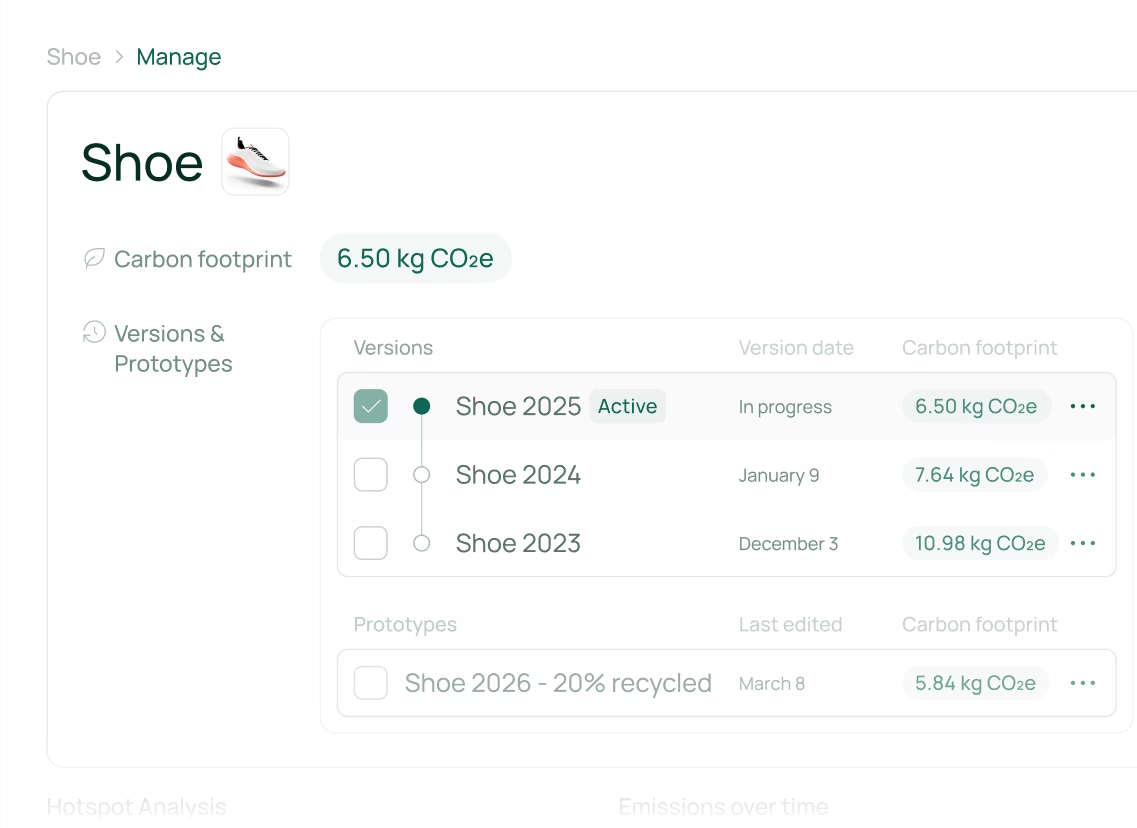







.webp)
%20Directive.webp)


.webp)





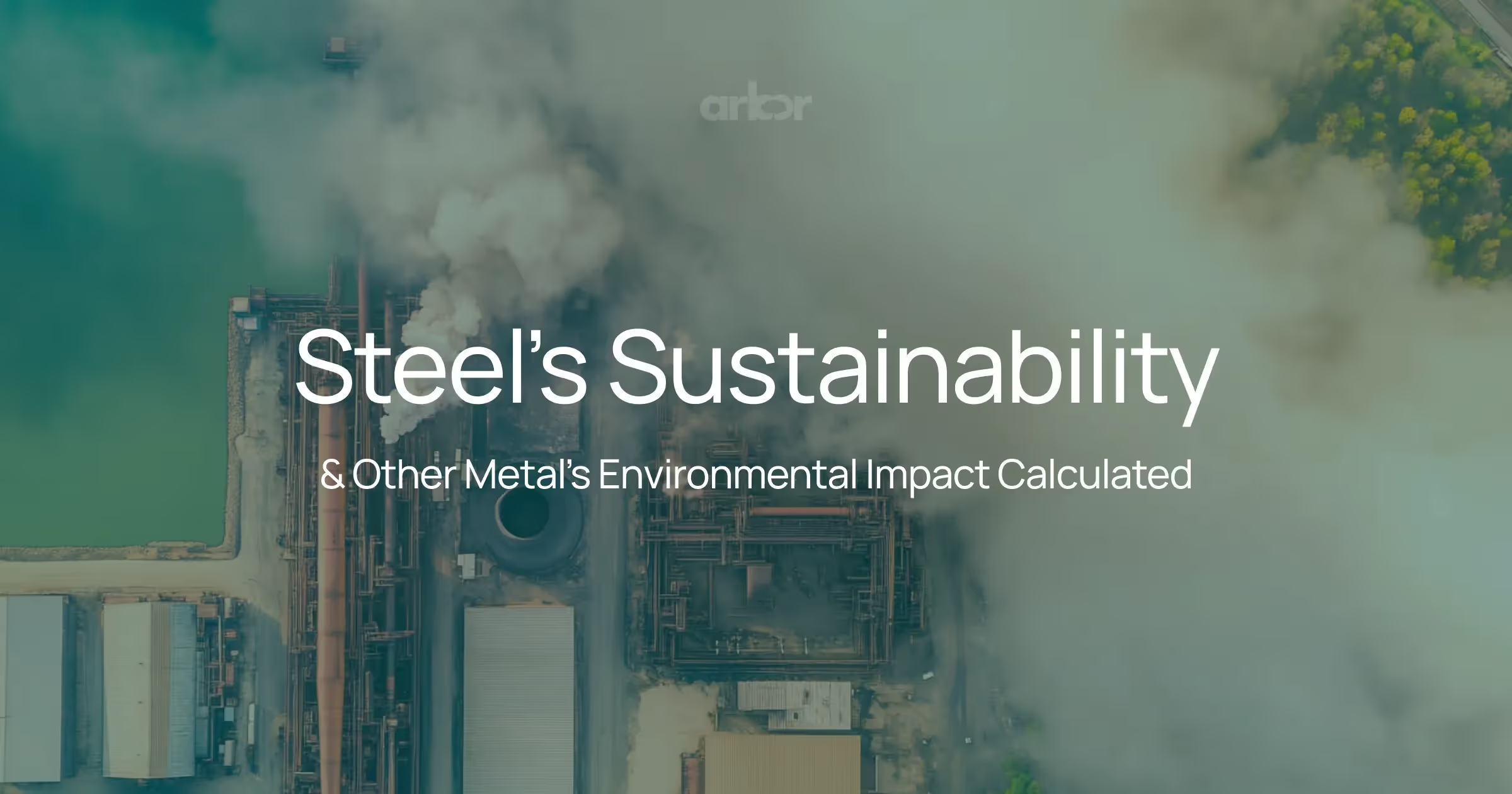





%20Arbor.avif)





%20Arbor.avif)
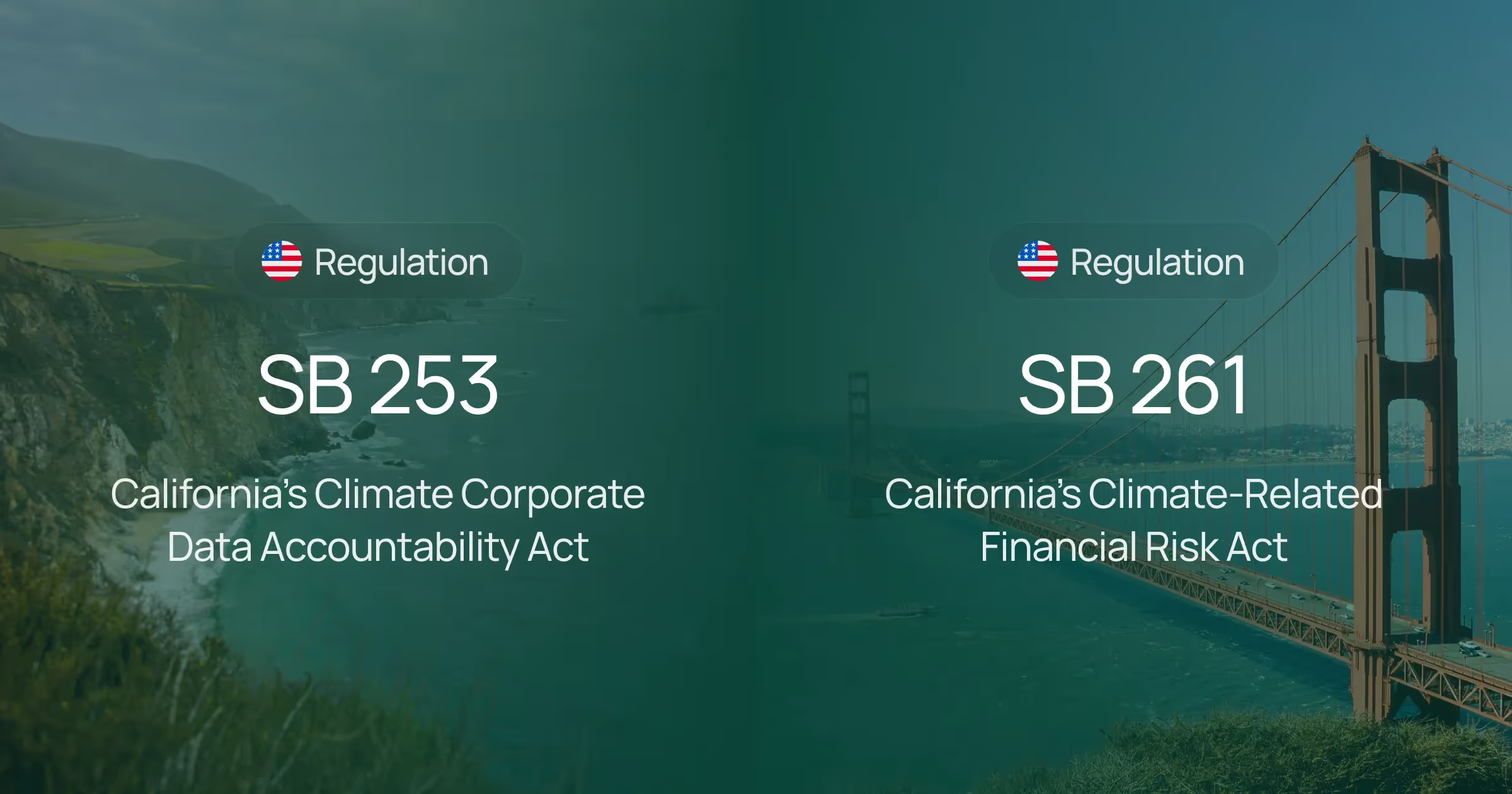

.avif)






%20Arbor%20Canada.avif)
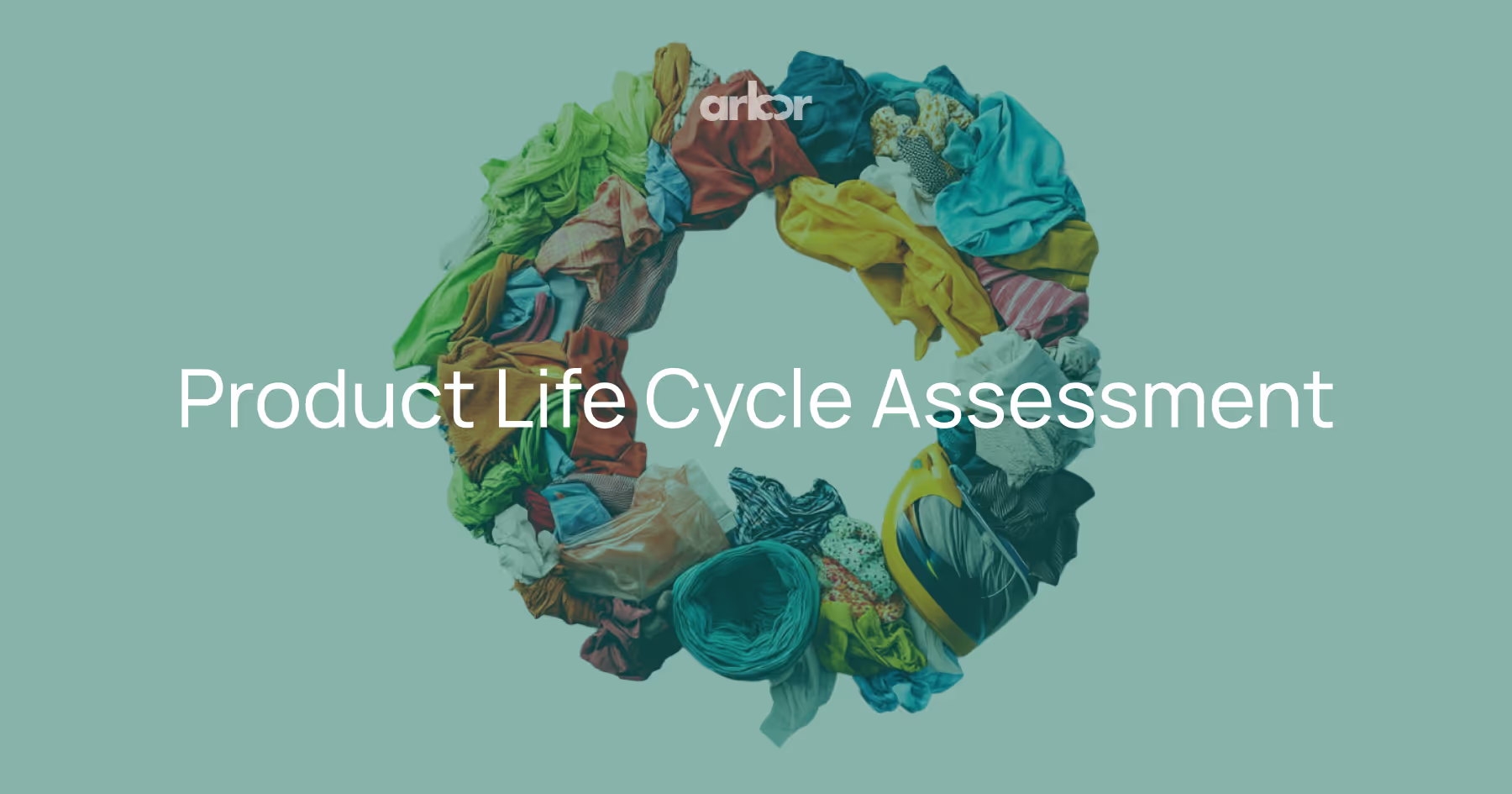
.avif)
%20Arbor.avif)
.avif)

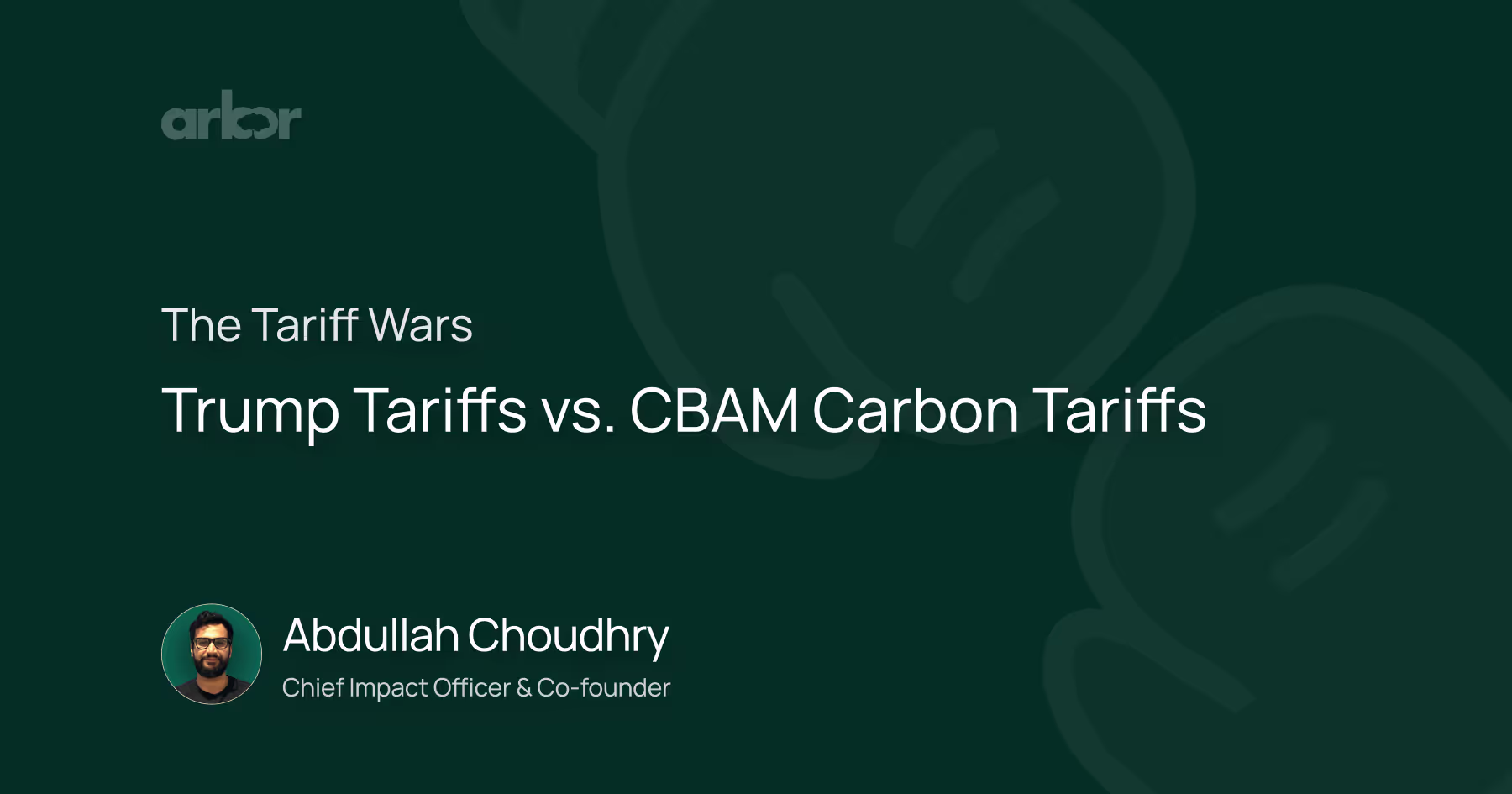
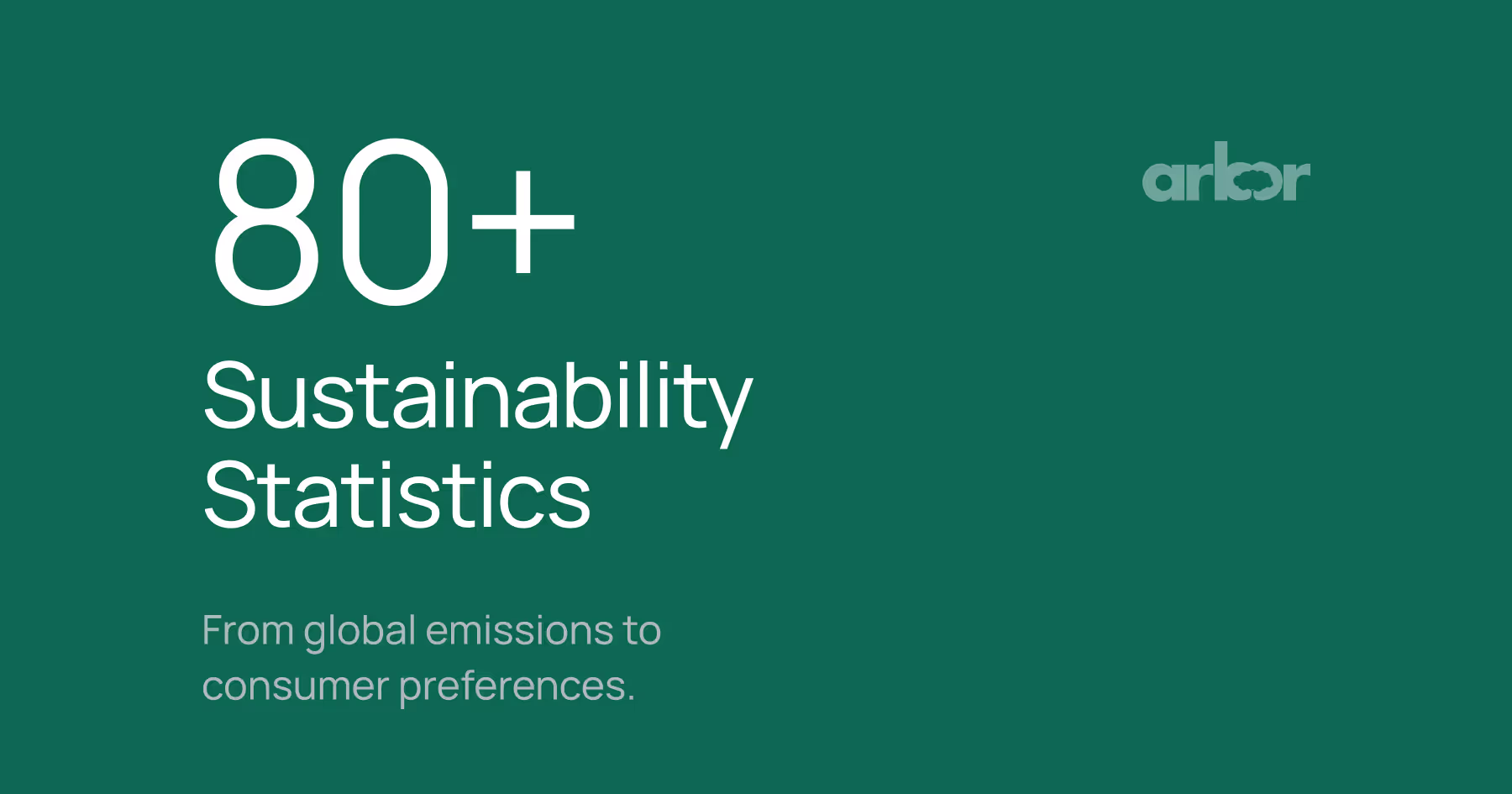



_.avif)
.avif)
%20Arbor.avif)




%20Software%20and%20Tools.avif)





.avif)
.avif)
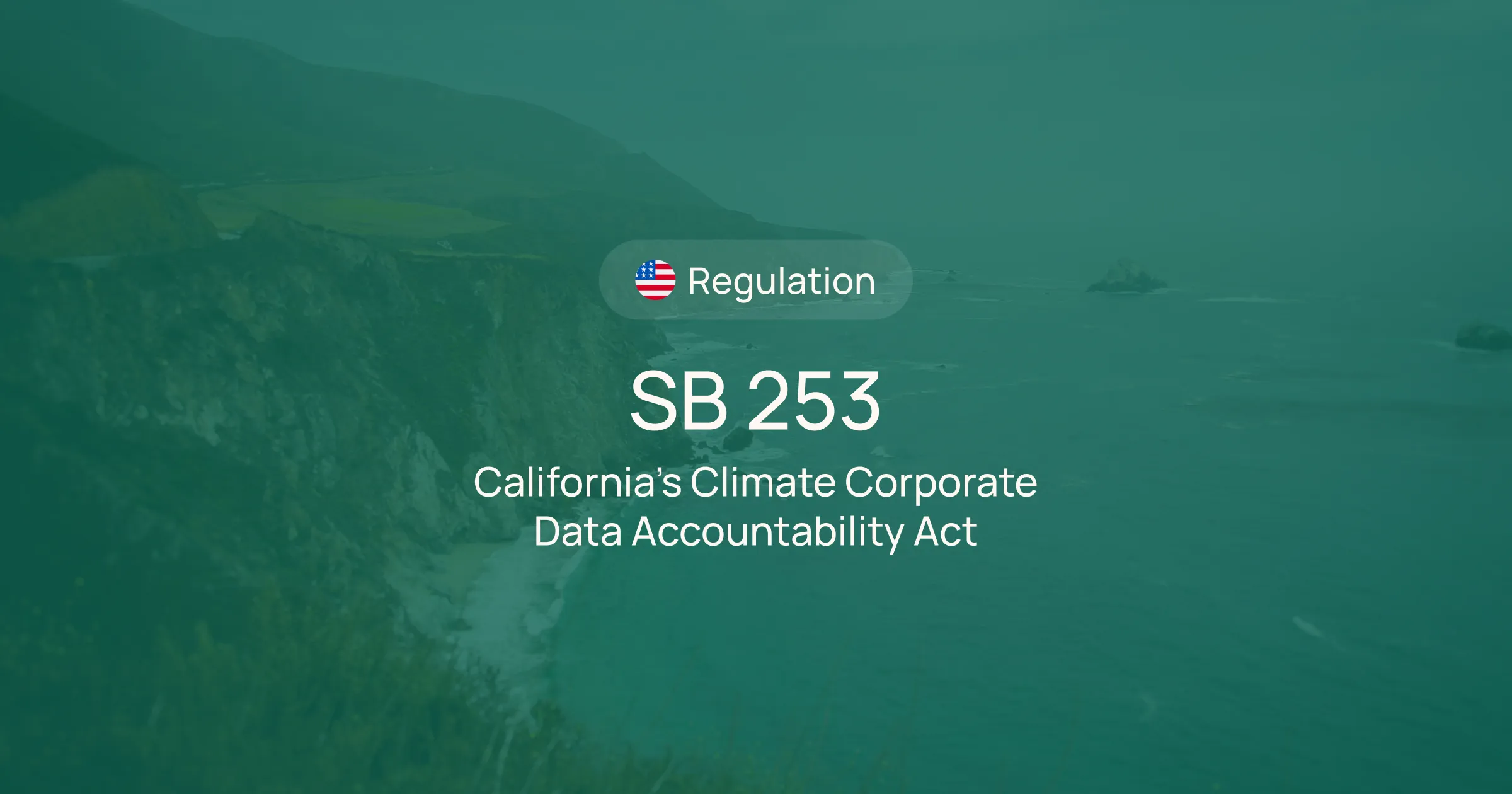



%20EU%20Regulation.avif)












.avif)


%20Arbor.avif)









_%20_%20Carbon%20101.avif)







.avif)








